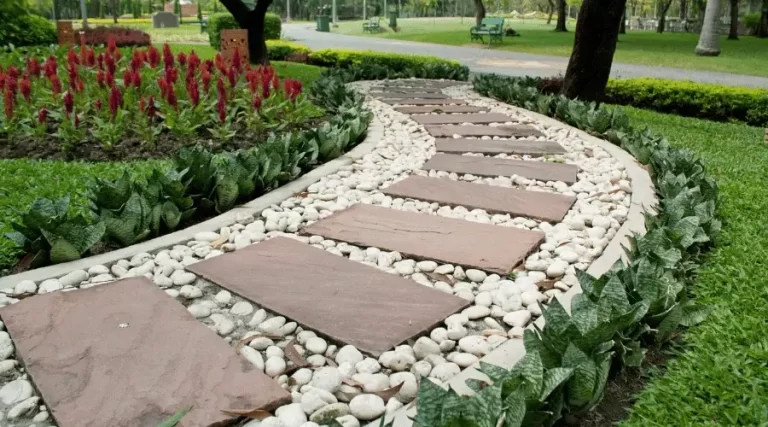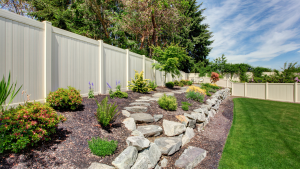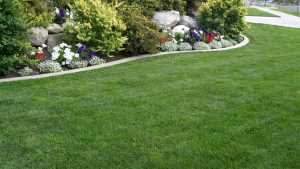Creating a stunning garden path not only enhances the aesthetic appeal of your outdoor space but also invites you to take a leisurely stroll through nature. If you’ve been contemplating the idea of building a garden path, this step-by-step guide is tailored just for you. From choosing the right materials to the final finishing touches, let’s embark on a journey to transform your garden into a serene haven.
Visit https://www.batonrougefenceinstallers.com/ for more details
What is the Best Material for a Garden Path?
Selecting the right material is crucial for a durable and visually pleasing garden path. Here are some popular choices:
- Gravel: Easy to install and budget-friendly, gravel paths offer a charming rustic look.
- Flagstones: For a more formal appearance, opt for flagstones. They provide a solid surface and come in various shapes and sizes.
- Brick: Timeless and versatile, brick paths add a classic touch to any garden. They are durable and relatively low-maintenance.
- Wood: Ideal for a more natural and organic feel, wooden paths can be constructed with various Varieties of wood, including cedar or redwood.
How to Prepare a Garden Path?
Before you begin construction, it’s essential to prepare the area properly. Follow these steps:
- Clear the Path Area: Remove any weeds, rocks, or debris from the designated path area.
- Mark the Path: Use stakes and string to outline the path’s shape. This will serve as your guide during construction.
- Excavate the Soil: Dig a trench along the marked path, ensuring it is deep enough to accommodate your chosen material.
- Add Base Material: Fill the trench with a base material such as crushed gravel or sand. This provides stability and drainage.
10 Step-by-Step Guide for Building a Beautiful Garden Path
Now, let’s dive into the detailed process of creating your garden path:
- Lay the Foundation: Place the chosen material evenly along the trench, creating a solid foundation for your path.
- Arrange the Pattern: If using stones or bricks, arrange them in a pattern that complements the overall design of your garden.
- Secure the Edges: Install edging materials, such as plastic, metal, or stone, to define and secure the path’s edges.
- Level the Surface: Ensure the path is level by adjusting the base material as needed. This step is crucial for both aesthetics and functionality.
- Compact the Material: Compact the path material using a tamper to create a firm and stable surface.
- Add Finishing Touches: If desired, enhance the path with decorative elements such as plants, pebbles, or outdoor lighting.
- Apply Weed Control: To prevent weeds from sprouting through, consider laying a weed barrier before adding the final layer.
- Water the Path: Water the path thoroughly to settle the material and aid in the compacting process.
- Regular Maintenance: Keep your garden path in top condition by sweeping away debris and addressing any issues promptly.
FAQs
Q1: Can I build a garden path on a slope?
A: Yes, you can. However, it’s crucial to choose materials that provide proper traction and consider installing steps or terracing for safety.
Q2: How deep should the trench be for the base material?
A: The depth depends on the chosen material, but a general rule of thumb is 4-6 inches for most paths.
Q3: Can I use different materials for one path?
A: Absolutely! Mixing materials, like combining gravel with stepping stones, can yield a distinctive and visually captivating garden path
Embarking on the journey to build a beautiful garden path is a rewarding endeavor that adds charm and functionality to your outdoor space. Whether you choose gravel, flagstones, brick, or wood, following these step-by-step guidelines will ensure a seamless construction process. So, grab your tools and get ready to transform your garden into a picturesque haven where every step is a moment of tranquility.





